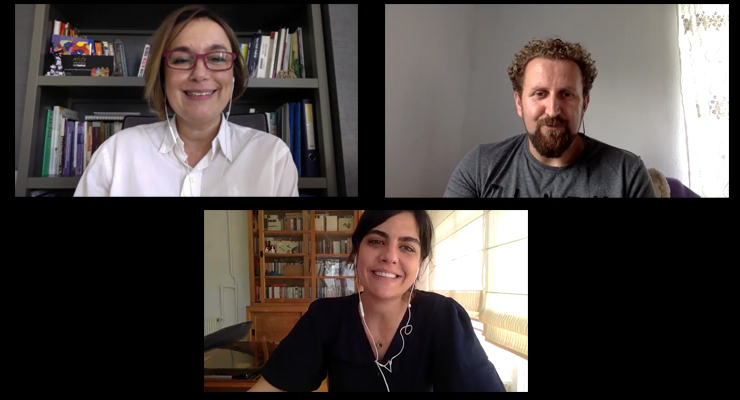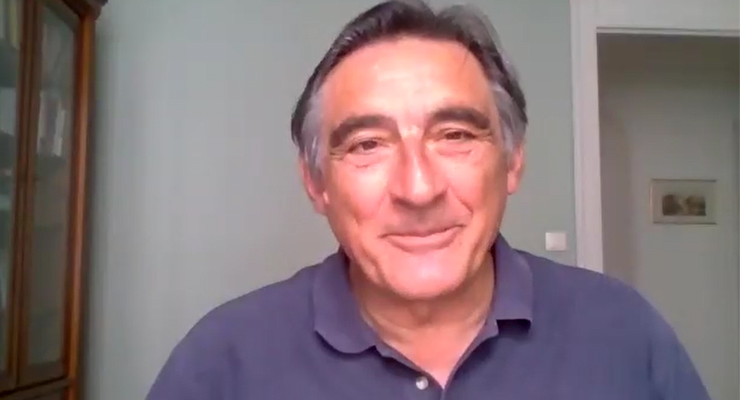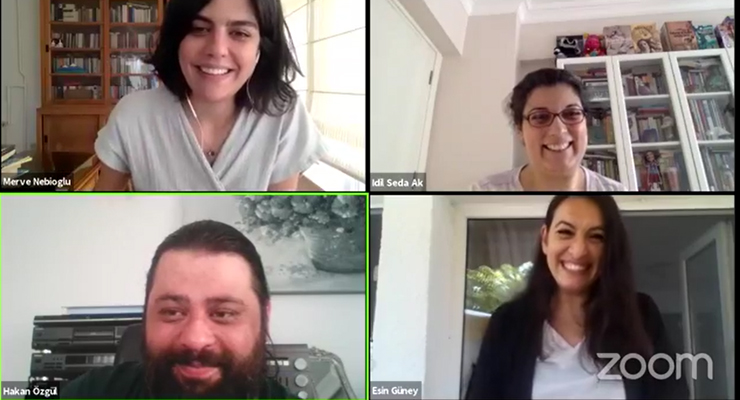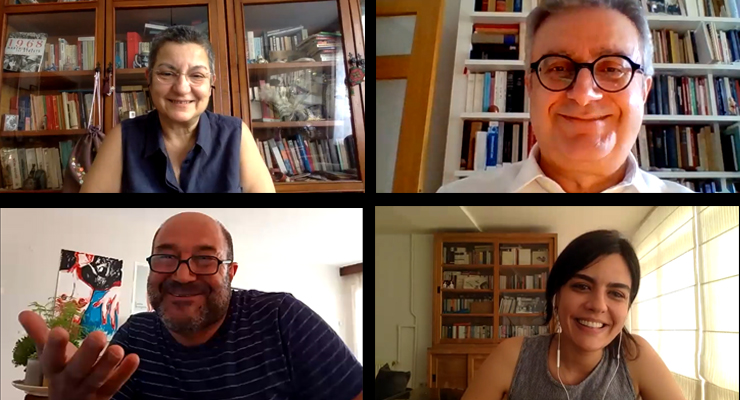The fourth webinar as part of the webinar series "Civil society during and after the pandemic" was held on June 17th, 2020. The webinar titled "Working conditions of labourers and their right to health care" hosted Bego Demir from the Association for Clean Clothes Campaign and the public health specialist Assist. Prof. Yeşim Yasin, who discussed the working conditions of labourers during the pandemic; occupational diseases and the importance of raising awareness on this issue; the ways and which solidarity is taking shape; and the prospects of consumer behaviours.
Bego Demir explained the founding mission of the Association for Clean Clothes Campaign, noting that the Association makes efforts to raise consumer awareness about fair production practices - in the light of workers’ demand, and carries out lobbying and campaigning towards that purpose.
Demir stressed that since labourers do not fully understand the notion of occupational disease; the Association felt the need to address this issue and thus launched a website dedicated to occupational diseases. Among others, the website features information about the Silicosis disease caused by denim sandblasting, and is currently being translated into Arabic language to enable access to Syrian refugee workers.
Public health specialist Yeşim Yasin referred to the textile sector as one of the most merciless industries of neo-liberal policies and one of the most difficult one to inspect, with severe implications on labourers’ health particularly in Pakistan, India, Indonesia, Bangladesh, and South America. Yasin added that the success of the anti-sandblasting campaign they launched in partnership with the Association for Clean Clothes Campaign is a promising development for these countries as well.
Bergo Demir emphasised that since labourers are at the frontline, they are the ones impacted by the pandemic the most; thus Covid-19 can also be considered as an occupational disease. Notwithstanding this fact, employers still continue their manufacturing processes, and labourers continue working under serious risk. Demir also mentioned that the warnings issued and measures taken by the government are not systematic. Yeşim Yasin underlined that right from the onset of the pandemic, Turkey did not opt for herd immunity – contrary to popular belief, but rather preferred class immunity, sacrificing certain classes. Despite this gloomy picture, according to Demir, in the coming period consumer preferences will shape up the manufacturing processes of brands and brands will continue their manufacturing by adopting a human-, environment- and nature-friendly approach. As a final remark, Demir noted that social initiatives are growing in number in Turkey as is the case in other parts of the world; he hoped that these initiatives will grow further with the solidarity of people and that grant-making organisations will also get to know and support such initiatives.
The video is only available in Turkish and Armenian language.

This project is funded by the European Union.





